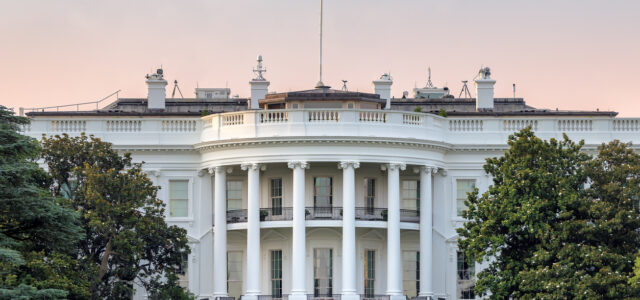
House OK’s Bill to Reduce Import Tariffs
On Jan. 16, 2018, the House passed the 2017 Miscellaneous Tariff Bill Act (H.R. 4318), which promises to eliminate $1.1 billion in import tariffs during the next three years and increase U.S. manufacturing output by more than $3.1 billion.
Introduced on Nov. 9, 2017, by House Ways and Means Chairman Kevin Brady (R-Texas), Ranking Member Richard Neal (D-Mass.), Senate Finance Committee Chairman Orrin Hatch (R-Utah) and Ranking Member Ron Wyden (D-Ore.), this bipartisan, bicameral legislation would trim the duties on more than 1,800 imports deemed to not pose a competitive threat to U.S. producers, following a tariff bill that Congress revised last year.
H.R. 4318 implements a final set of recommendations released in August 2017 by the U.S. International Trade Commission (ITC) for the products, following a move by Congress last year to revise the Miscellaneous Tariff Bill (MTB) process by passing the American Manufacturing Competitiveness Act of 2016 (AMCA).
At that time, the House and Senate, with near-unanimous bipartisan support, created a transparent, objective, predictable and regularized process for Congressional review and consideration of the MTB through the AMCA. Through that process, thousands of petitions were reviewed over the last year by the ITC and other parts of the U.S. government, and the ITC put together a final report sent to Congress in August with more than 1,800 petitions that it deemed to meet the requirements of the AMCA.
Since the last MTB expired at the end of 2012, manufacturers have paid billions of dollars of tariffs on products not even made in the United States, to the detriment of good-paying American jobs and American competitiveness. As enacted, MTB legislation would eliminate these unfair and anti-competitive tariffs on manufacturing components and other products.
Under an MTB, tariffs on certain noncontroversial imported items, typically those used as part of a manufacturing process — such as chemicals or machine parts — and not readily available from a U.S. source, are suspended or reduced for three years at a time. The idea behind such duty cuts is that the end goods produced will be cheaper, ultimately saving money for consumers.
Previously, businesses had to reach out to lawmakers directly to lobby for tariff reductions, a process that critics deemed to be inefficient and that could sideline small businesses lacking resources for political engagement.
The MTB process was also revised following a ban by Congress on earmarks, which were provisions inserted into legislative bills to fund specific projects. This year’s MTB must now pass through both legislative chambers, with legislators able to exclude products put forward by the ITC, but not add new ones.
Overall, the ITC received 2,524 requests for tariff cuts. Breaking those requests down by sector, chemical products led the way with 1,464 petitions, followed by machinery and equipment, accounting for 457 petitions, and textiles, apparel and footwear, accounting for 456 petitions. The commission ended up accepting 1,827 of 2,524 petitions.


COMMENTS